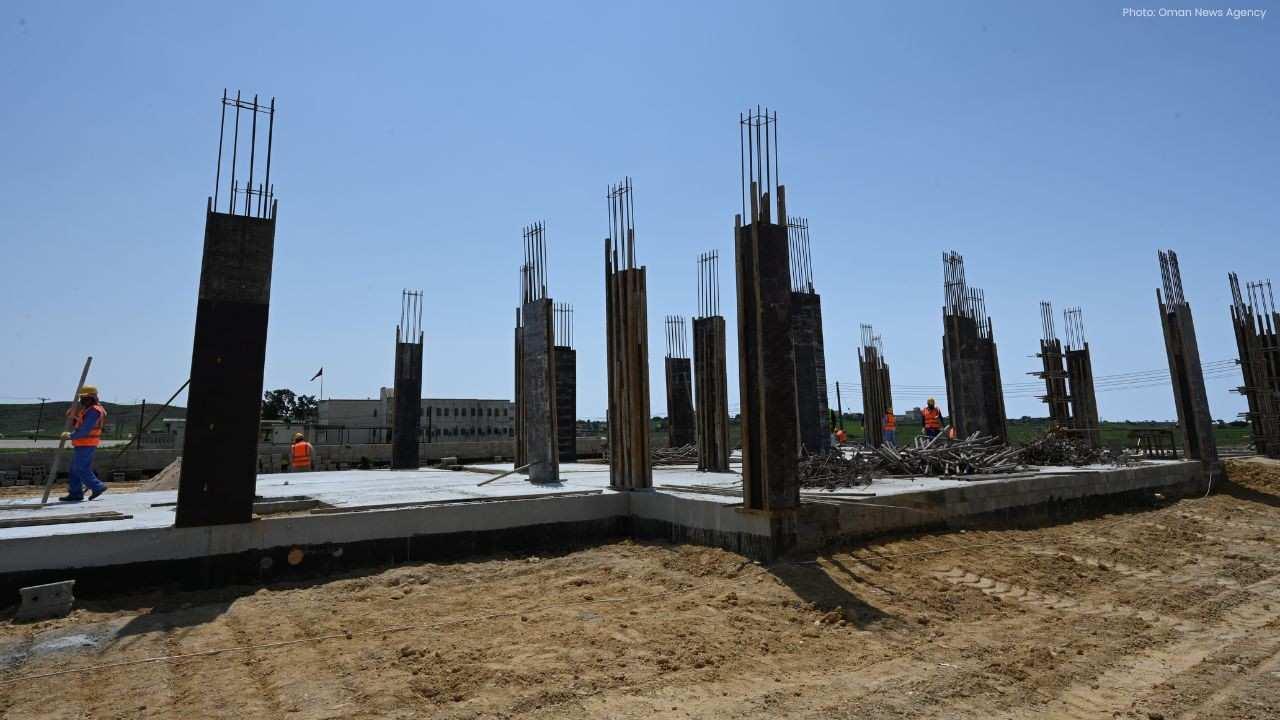
Post by : Mumtaaz Qadiri
In the Dhofar Governorate of Oman, an exciting new project is underway that is catching the attention of many people. A special factory for making cheese from camel milk is now 40 percent complete. This facility is the first of its kind in the country and is considered very important for developing Oman’s camel milk industry. The idea behind this project is not only to create new food products but also to support local women by giving them better opportunities in business and production.
Who Is Behind The Project
The project is being developed under the leadership of the Ministry of Agriculture, Fisheries, and Water Resources. It is not a single effort but rather a strong partnership. The United Nations Food and Agriculture Organization (FAO) is playing a major role in supporting the plan. Along with FAO, the Al Jisr Foundation and Oman Oil Company Exploration and Production (OOCEP) are also helping. These partners are working together to make sure the project succeeds and creates real benefits for people in Dhofar.
Importance For Local Women
One of the main goals of the factory is to empower women living in rural areas of Dhofar. Many women in these communities are already connected to camel milk production, but they often face challenges in growing their businesses or entering larger markets. This project is designed to train and support these women so they can become more skilled in production, processing, and marketing. By learning new skills, women will be able to increase their income, contribute to their families, and play a stronger role in their local economy.
A Model For Rural Development
According to Eng. Ahmed bin Salim Al Najjar, who is the Director of the Livestock Department in Dhofar, the factory is much more than just a building. He explained that this initiative represents a model for sustainable rural development. That means it is designed to bring long-term benefits to the community, not just short-term solutions. By teaching women advanced skills and giving them access to modern equipment, the project is creating a path for long-lasting economic growth in Dhofar.
Advanced Technology In Cheese Making
The new factory will not be like traditional small production sites. It will include modern equipment that allows the use of advanced technology in cheese making. These machines will make it possible to produce high-quality camel milk cheese that meets strict food safety and quality standards. This is important because it will allow Omani products to compete in local and even international markets. The use of technology will also make the work easier for women and improve the efficiency of production.
Support For Food Security
Food security is one of Oman’s national priorities, and this project plays a role in that effort. By producing camel milk cheese locally, the country reduces its dependence on imported products. At the same time, the project uses local resources—camel milk from Dhofar—which helps strengthen the local economy. Having more locally made dairy products also ensures that communities have access to safe and nutritious food.
Training For Women Participants
The project is not only about building a factory. A major part of the plan includes training programs for the women who will take part in it. These programs cover a wide range of topics such as food processing, quality control, packaging, marketing, and financial management. These skills are important because they allow women to manage all parts of the business, from making the cheese to selling it and keeping track of the money. The first training sessions have already started, and an even bigger training schedule is planned for next year.
Economic Diversification Goals
Oman has been working to diversify its economy so that it does not depend only on oil. Projects like this camel milk cheese factory are a part of that plan. By creating new industries such as specialized dairy products, Oman is opening new opportunities for business and trade. For the women involved, this also means new ways of earning income beyond traditional roles. For the country, it helps reduce risks and builds a stronger economy for the future.
Benefits For Rural Communities
This project is expected to bring several benefits to rural communities in Dhofar. First, it will create direct jobs in the factory itself. Second, it will support many small women-led businesses that produce camel milk and related products. Third, it will encourage more investment in rural areas, which often do not get as many opportunities as urban centers. Altogether, this will improve the quality of life for many families living in Dhofar.
International Support And Recognition
The fact that the FAO is involved in this project shows that it has international recognition and importance. FAO works on food and agriculture projects worldwide, and its participation means that the Dhofar project is seen as a valuable model. It also ensures that the project benefits from global expertise, best practices, and modern technology. This makes the initiative stronger and more likely to succeed in the long run.
The factory is scheduled to start operating in the coming months, once the first phase of construction is completed. At that stage, it will begin producing cheese on a smaller scale to test the systems and train the staff. Later, production will expand as more women complete their training and the facility becomes fully operational. In the future, this project may also open doors for exporting camel milk cheese from Oman to other countries, showcasing the nation’s ability to innovate in the food sector.
A Step Toward Sustainable Growth
The camel milk cheese project is not just about business—it is about sustainability. By supporting women, promoting local food industries, and improving food security, the project combines economic, social, and environmental goals. It is designed to last for many years and bring benefits that continue to grow over time. The involvement of government, international organizations, and private foundations ensures that it has the resources and support needed to succeed.
The construction of Oman’s first camel milk cheese factory in Dhofar marks an important step forward for the country. It is more than just a building—it is a symbol of women’s empowerment, rural development, and sustainable growth. With strong partnerships, advanced technology, and a clear focus on food security, the project is expected to make a big difference in the lives of local women and their communities. As it moves closer to completion, it reflects Oman’s commitment to building a stronger and more diverse economy while also preserving local traditions and resources.
Camel milk cheese, Women economic empowerment, Rural community development





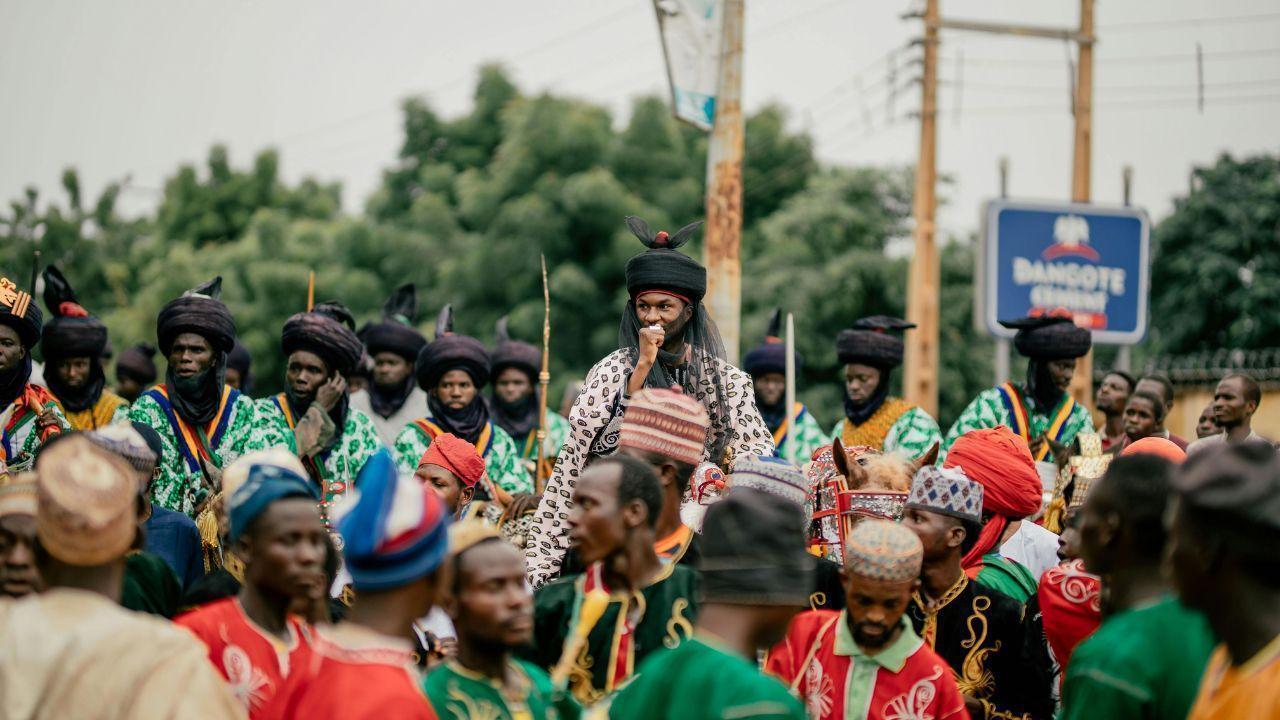

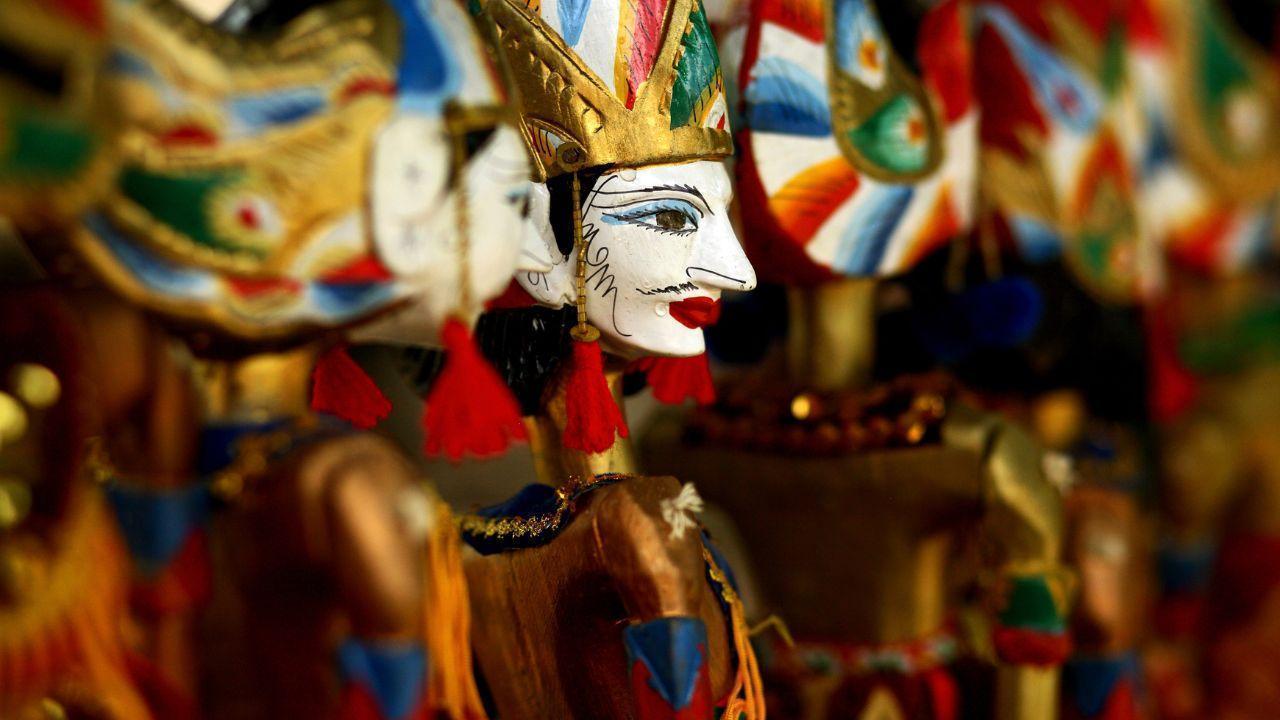
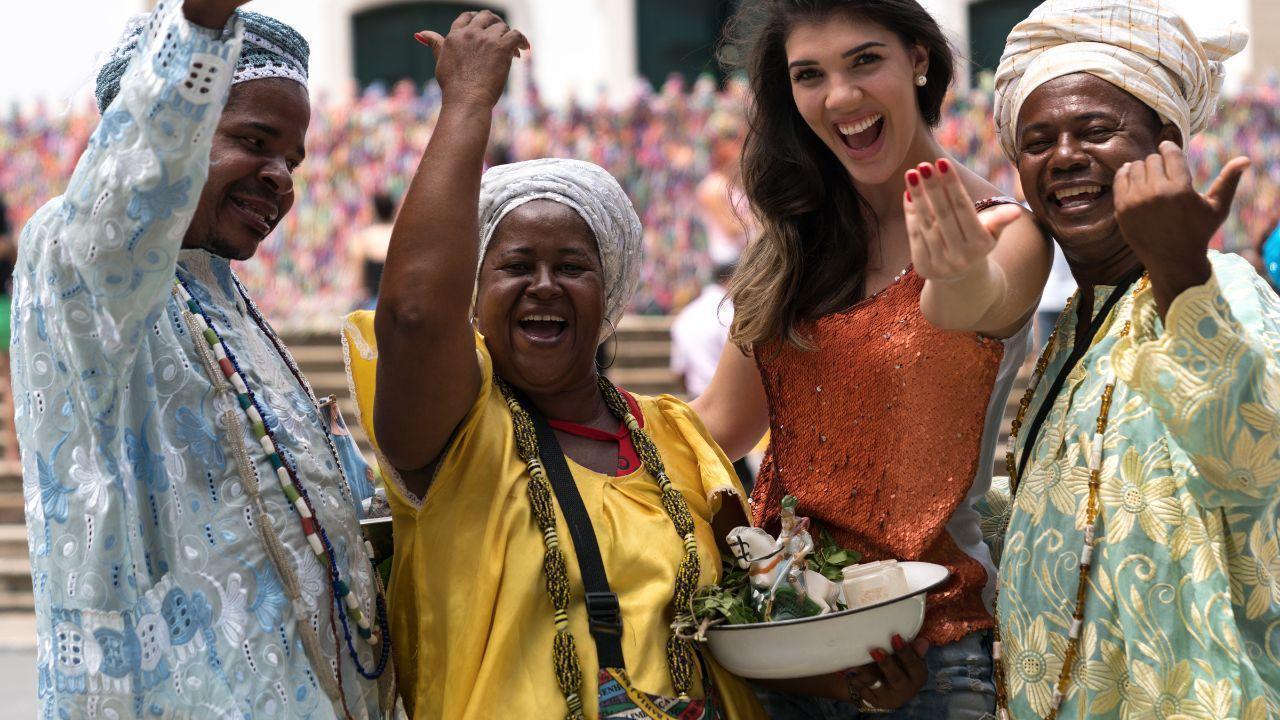
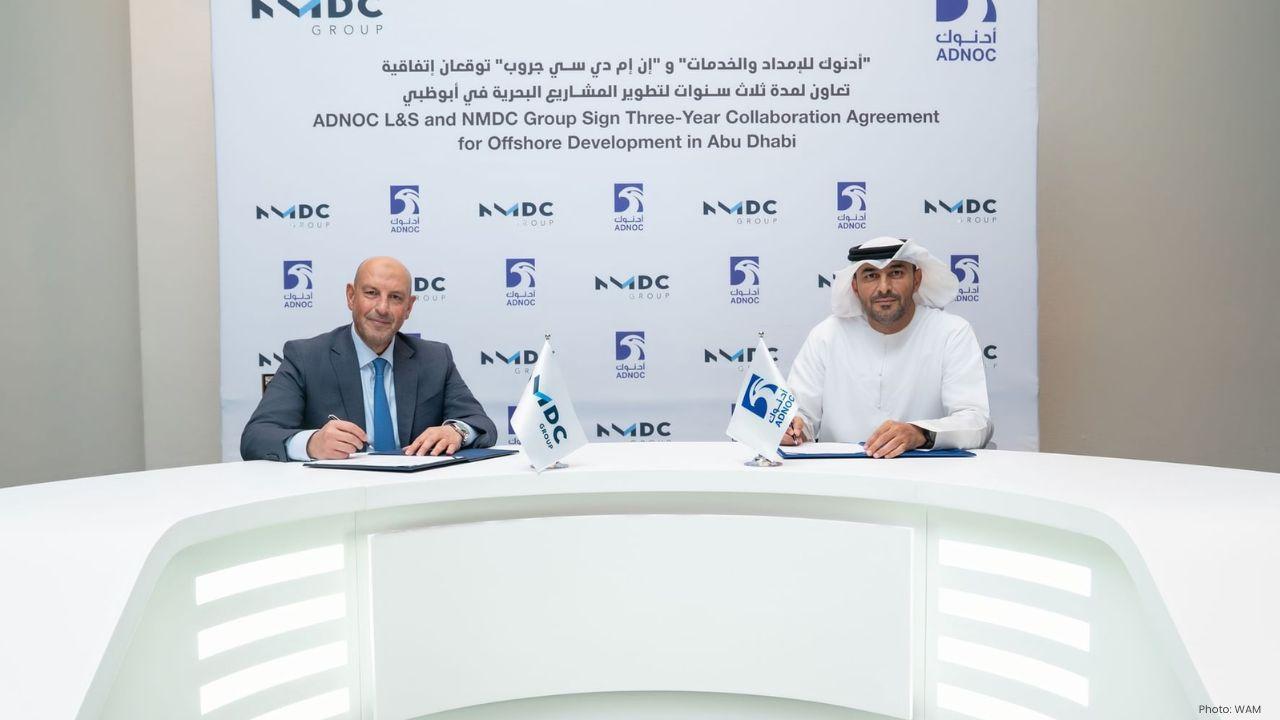
NMDC Group And ADNOC L&S Sign Three-Year Deal For Offshore Work
NMDC Group and ADNOC Logistics & Services sign a three-year deal to deliver maritime services for of
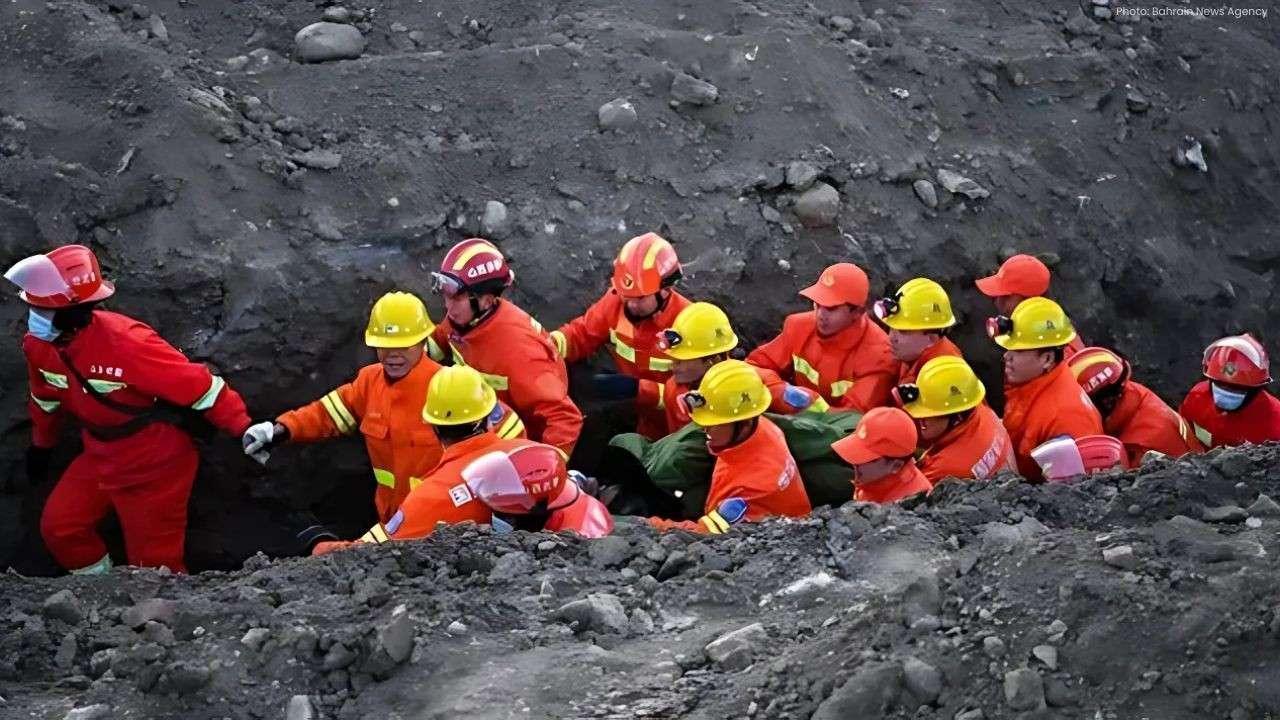
Six Miners Trapped After Earthquake Hits Coal Mine In China
A mining-related earthquake struck a coal mine in Heilongjiang, China, trapping six miners undergrou

Train Collides With Bus In Mexico Killing 10 And Injuring Many
At least 10 dead and 41 injured after a train hit a bus at a rail crossing in Mexico. Authorities co

UAE Olympic Football Team Qualifies For AFC U-23 Asian Cup Finals
UAE Olympic football team qualifies for AFC U-23 Asian Cup finals in Saudi Arabia despite 3-2 loss t

Apple Launches iPhone Air With Thinnest Design & Pro Performance
Apple unveils the new iPhone Air, its thinnest model with pro performance, multiple colors, large st

Al Wakrah Wins French Arabian Breeders’ Challenge Sprint Again
Al Wakrah, trained by Jean de Mieulle, wins French Arabian Breeders’ Challenge Sprint in France, mar